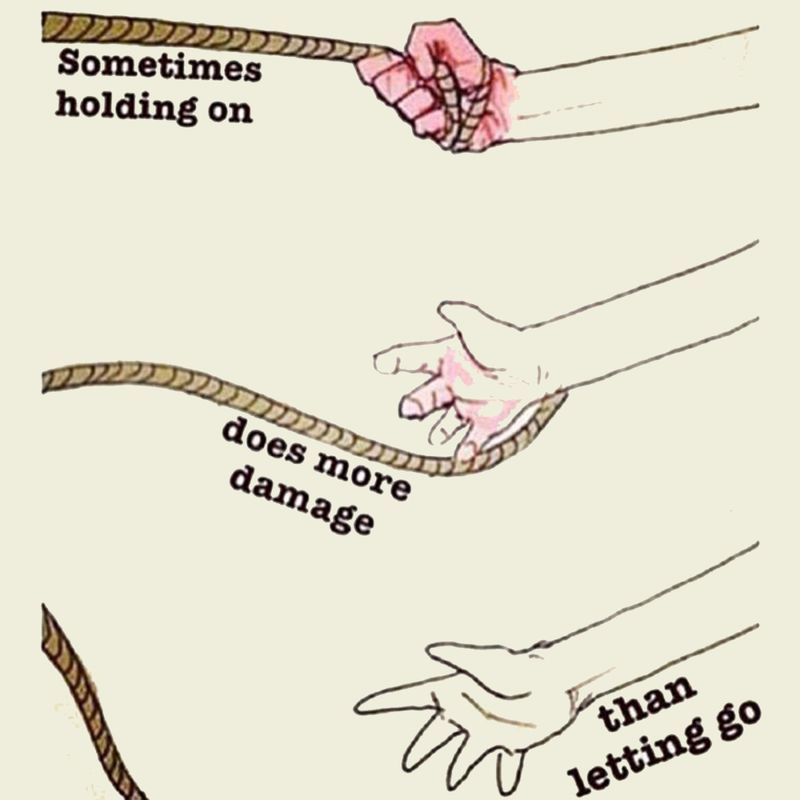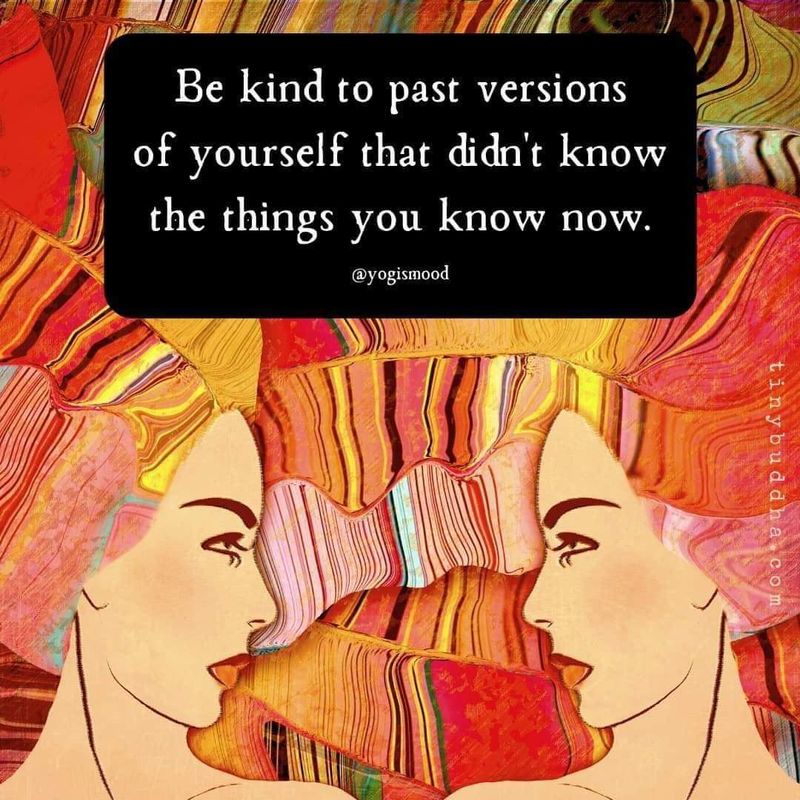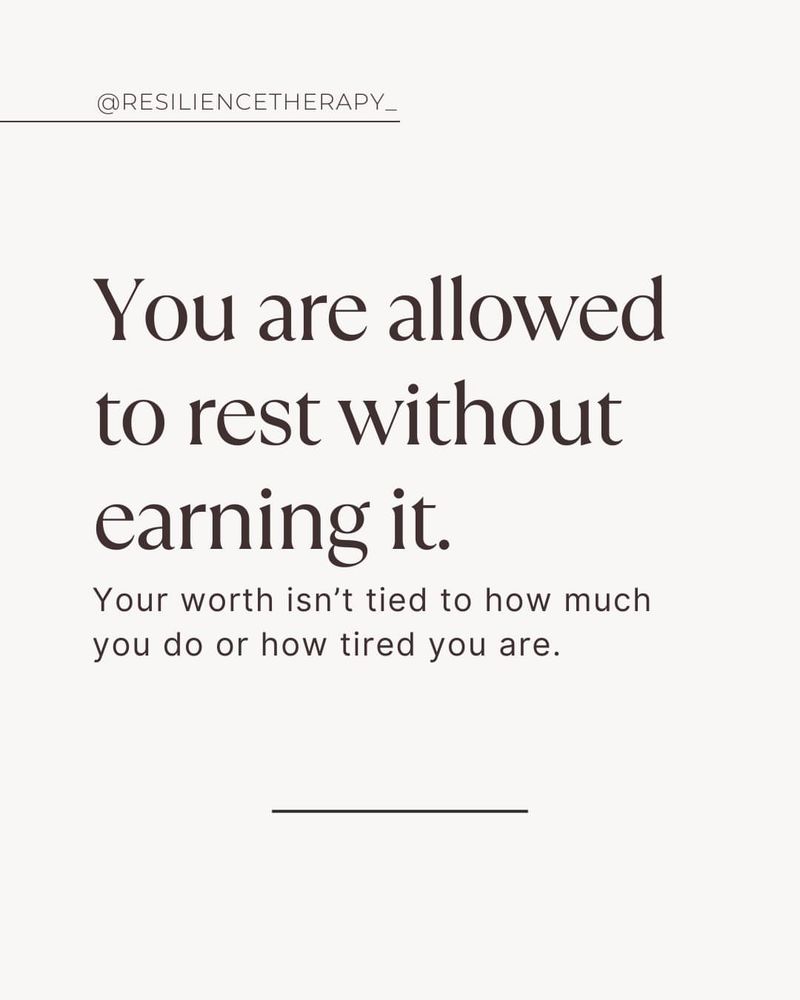16 Things That Are Tough For Most People (So Go Easy On Yourself)
We often find ourselves caught in the trap of self-criticism, forgetting that many seemingly simple tasks are, in reality, quite challenging for everyone.
While we may assume that others have mastered these aspects of life, the truth is that they are universally difficult. It’s important to remember that struggling with these tasks doesn’t make you flawed; it makes you human.
Here are 16 things you’re not “bad at”—they’re just genuinely difficult.
1. Saying no without guilt

The art of saying no can feel like walking on a tightrope, balancing between your needs and others’ expectations. Especially when it involves people we care about, a simple refusal can be laden with guilt and self-doubt.
It’s important to remember that saying no isn’t a rejection of someone you love; it’s an affirmation of your own priorities and boundaries. Many people struggle with this, feeling the weight of perceived selfishness.
But in truth, healthy relationships thrive on mutual respect and understanding. By expressing your limits, you aren’t shutting people out. Instead, you’re inviting them to appreciate the authentic you.
Remember, setting boundaries is an act of love—for both yourself and the other person. So next time you are about to say yes out of obligation, pause and consider if it’s truly in alignment with your values.
2. Letting go of people who still matter to you

Letting go is never a clean process. It’s like trying to untangle a necklace, each knot representing a shared memory or emotion. When someone has touched your heart, parting ways feels like leaving a piece of yourself behind.
We often cling to the hope of closure, a neat ending that ties up all loose ends. But life doesn’t offer such tidy conclusions.
The truth is, endings can be messy, filled with ambiguity and unresolved feelings. Accepting that letting go is complex and emotionally charged can make the process a little more bearable.
Allow yourself the grace to grieve the loss while cherishing the good times. Each goodbye is a chapter closing, making room for new beginnings. And while it may not feel like it now, letting go can be an act of love and self-respect.
3. Being vulnerable without over-explaining

Opening up to others can feel like standing naked in a crowded room. The urge to explain, to justify our feelings, often stems from a fear of being misunderstood.
Yet, vulnerability is about showing our true selves without the need to offer disclaimers. It’s about trusting that your raw, unedited self is worthy of being seen and heard.
The challenge lies in resisting the impulse to cushion your truth with explanations that dilute its authenticity. Embrace the discomfort, knowing that true connection happens in the space of honesty.
Let your story stand on its own, without the crutch of over-explanation. It’s a brave act, and one that fosters deeper, more meaningful connections.
4. Asking for help without apologizing

In a world that often equates independence with strength, asking for help can feel like a confession of inadequacy. The instinct to apologize when seeking assistance is deeply ingrained, as if acknowledging our limitations is something shameful.
However, seeking help is a powerful act of self-awareness and courage. It recognizes the value of collaboration and the strength found in community.
The next time you find yourself needing support, try to reframe the request. It’s not a sign of weakness. Instead, it shows your commitment to growth and learning.
Embrace the vulnerability that comes with asking for help, and allow others the opportunity to support you as you would them. Remember, you are deserving of care and assistance without the need for apology.
5. Not comparing yourself online

Despite knowing that social media is a curated highlight reel, it’s hard not to fall into the trap of comparison. You find yourself measuring your worth against someone else’s perfectly edited snapshots.
The pressure to keep up can feel overwhelming, leaving you questioning your own achievements and happiness.
It’s crucial to remind yourself that what’s presented online is just a fraction of reality, often glossed over to highlight the best moments.
Cultivate a mindful approach to social media consumption by setting boundaries and focusing on your own path. Celebrate your own small victories, and remember that everyone’s journey is unique.
6. Setting boundaries with family

Family dynamics can be complex, with a tapestry of traditions, expectations, and unspoken rules. Setting boundaries in such an environment feels like a delicate dance, especially when guilt is woven into every interaction.
Yet, boundaries are essential for maintaining healthy relationships. They protect your emotional well-being while allowing for genuine connections.
It might feel like you’re going against the grain, but establishing clear limits is an act of self-respect. Approach these conversations with empathy and firmness, clearly communicating your needs.
Remember, boundaries are not walls but guidelines for nurturing respectful and loving relationships. As challenging as it might be, prioritizing your mental and emotional health is a gift to both yourself and your family.
7. Forgiving yourself for past versions of you

Growth is a messy, beautiful process that often requires us to face and forgive our past selves. The person you were a year ago, or even yesterday, might have made mistakes that haunt you.
Forgiving yourself for these past actions is a crucial step in personal development. It allows you to embrace change without the burden of guilt.
Recognize that every version of you was doing their best with what they knew at the time. Self-forgiveness doesn’t mean forgetting but rather understanding the context of your actions and releasing the accompanying shame.
Let this be a gentle reminder that growth is non-linear, full of detours and lessons. Embrace the journey, and remember that each step forward is a testament to your resilience.
8. Accepting love that feels unfamiliar

When love arrives in a form we’re not accustomed to, it can feel both exhilarating and unsettling. Sometimes, healthy love feels foreign, especially if past experiences were marked by chaos or inconsistency.
Embrace this unfamiliar love with an open heart and mind. Allow yourself to explore the new dynamics and communicate your feelings with your partner.
Trust that you deserve a love that nurtures and respects you. While stepping into a different kind of relationship might be daunting, it’s also an opportunity for profound growth.
Remember, love is a journey best taken one step at a time. With patience and understanding, unfamiliar love can blossom into the foundation of a meaningful connection.
9. Letting yourself rest without earning it

In a culture that glorifies hustle, rest is often viewed as a luxury rather than a necessity. The belief that you must earn your downtime through hard work can be exhausting.
However, rest is not a reward but a vital aspect of self-care and well-being. Allowing yourself to unwind is a recognition of your inherent worth beyond productivity.
Give yourself permission to relax without conditions. Whether it’s lounging with a book or taking a nap, embrace rest as an essential part of life.
By prioritizing rest, you nurture your mind and body, paving the way for greater creativity and resilience. Remember, you don’t need to justify your need for relaxation.
10. Feeling joy without anticipating the crash

For those accustomed to living in survival mode, joy can feel like a fleeting, impermanent guest. The anticipation of its departure often overshadows the experience itself.
Yet, joy is a gift meant to be savored, even if it is transient. Allow yourself to bask in its warmth without the shadow of impending loss.
Practice gratitude for joyful moments, no matter how small. They are reminders of life’s beauty and your capacity to experience happiness.
Remember, joy doesn’t need to be perfect to be valuable. Embrace the moment, and trust that each burst of happiness contributes to a tapestry of joyous memories.
11. Ending relationships that are almost good enough

Almost can be the hardest kind of relationship to let go. It’s like a song that’s almost in tune but leaves you yearning for a melody that truly resonates.
Ending such relationships requires courage and self-awareness. Acknowledge the value of what was shared, even as you recognize the necessity of moving on.
Trust your intuition to guide you towards connections that align with your true self. While it may be painful to part ways, a new beginning often lies just beyond the end.
Remember, it’s okay to seek relationships that fulfill you wholly. The right match awaits, allowing you to create harmony in love and life.
12. Not needing to be “productive” all the time

The relentless pursuit of productivity can trap you in a cycle of perpetual busyness, where worth is measured by output. This mindset overlooks the importance of simply being.
The truth is, productivity doesn’t define your value. Allow yourself the freedom to engage in activities without the pressure to produce or achieve.
Engage in hobbies purely for enjoyment. Rediscover the joy in creativity without goals or deadlines.
By embracing moments of leisure, you honor your need for balance and renewal. Trust that you are enough, regardless of how much you accomplish.
13. Not knowing what’s next—and being okay with it

Life is a series of unknowns, and the future often feels like a blank page waiting to be filled. The pressure to have everything figured out can be overwhelming.
Yet, there’s beauty in uncertainty, an opportunity to explore paths untrodden. Allow yourself to embrace the unknown as a landscape of possibilities.
Trust in your ability to navigate life’s twists and turns, even when the road ahead is unclear.
With each step into the unknown, you cultivate resilience and adaptability. Remember, not knowing what’s next is perfectly okay.
14. Holding space for conflicting feelings

Human emotions are rarely straightforward, often existing in a complex tapestry of contradictions. You can feel both joy and sorrow, gratitude and grief, all at once.
Learning to hold space for these conflicting feelings allows you to experience the depth of your humanity without judgment.
Acknowledge each emotion as valid, even when they seem to clash. This practice fosters emotional resilience and self-compassion.
Trust that your heart is vast enough to encompass all your feelings, creating a rich, authentic emotional landscape.
15. Trusting yourself again after a mistake

Trust, once broken, can be painstakingly slow to rebuild, especially when it comes to yourself. Mistakes can cast long shadows, making self-forgiveness difficult.
Yet, trusting yourself again is a journey of healing and growth. Acknowledge the lessons learned from past errors, and use them as stepping stones to rebuild your confidence.
Celebrate small victories along the way, each a testament to your resilience and capacity for change.
Remember, self-trust is a process, and you are deserving of the grace required to restore it.
16. Overcoming Self-Doubt

Self-doubt can be a relentless shadow. It whispers inadequacies and fuels hesitation, making every decision seem monumental.
Yet, embracing your doubts and recognizing them as part of your journey can be empowering. They remind you that you’re human, striving for growth.
Challenge these thoughts with affirmations and celebrate your achievements, however small. Your confidence will blossom with each step forward.







